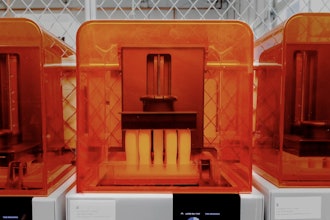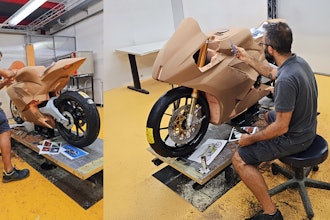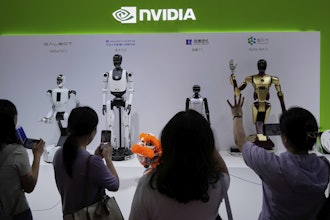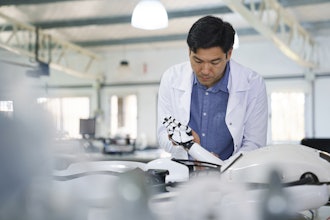Researchers at the University of Geneva in Switzerland have created the Beekee Box, a standalone box that can generate a wireless network that enables users to log on to a learning platform without the internet or electricity.
The box was designed for people in remote areas with no connectivity, like those in refugee camps or war zones. It generates a local wireless network that allows anyone who has a device (and access) to connect to the information hosted on the platform. According to the researchers, it could be a useful tool for training and teaching.
The enclosure is 3D-printed in plastic and the unit includes a microcomputer and battery. The battery works for up to three hours — though you can add an external battery that adds up to seven more hours — and can be charged using solar power. The box is 10 cm high, 6.5 cm wide and can hold up to 256 GB.
According to the researchers, it takes about nine hours to 3D-print the case and 20 minutes to assemble it. With the programming, the average box can be ready in 10 hours and costs about $150 in materials.
The Beekee Box is currently being tested in a Kenyan refugee camp, which is home to 190,000 people. Computers in the camp are scarce and traveling throughout the camp is dangerous, so the box is being used to offer remote education courses to refugees who do have access to smartphones or other devices.
The Beekee Box could also be used in crisis situations, like the Ebola epidemic in Congo. The team is currently working with Doctors Without Borders to be able to provide the necessary information to help treat emergency medical cases — even if there is no power or internet available in the region.




















